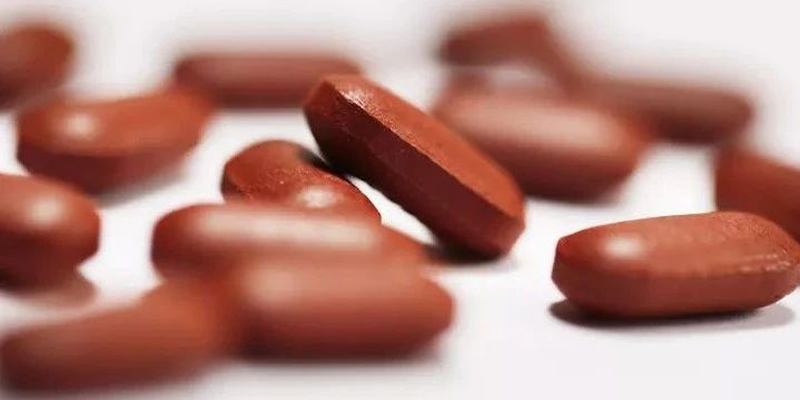December 30, 2022
Antibiotic use in China's livestock farms on "continuous" drop

The use of antibiotics in Chinese farm animals has been on a "continuous decline" since 2017, agricultural authorities in China said, a boon to public health as abuse of such drugs among livestock has fueled a global human antibiotic resistance crisis.
Animals on farms nationwide consumed 32,500 tonnes of antibiotics last year, down from 41,800 tonnes in 2017, according to the Ministry of Agriculture and Rural Affairs.
This year, the ministry has promoted the reduction of antibiotic consumption at 21,000 farms nationally. The campaign, covering 16 species including pigs and chickens, has seen "notable progress", it said.
The ministry said it inspected an average of 20,000 animal samples annually during the 13th Five-Year Plan (2016-20) period, and more than 98% were up to standard.
Since 2016, authorities have barred four types of antibiotics for animal use: those important for human treatment; those used to promote animal growth; those that linger in the body and could cause problems for humans once they are eaten; and those that are likely to increase antibiotic resistance, the ministry said.
It also rolled out incentives to develop animal-specific antibiotics.
Over the years, authorities organised multiple livestreaming sessions to educate ranchers and farmers about the responsible use of antibiotics.
Six industry associations signed a proposal to reduce such drugs in animal feed or treatment, the ministry added.
The indiscriminate use of antibiotics for farm animals is widespread worldwide.
A paper published in Science magazine in 2017 estimated that more than 131,000 tonnes of antibiotics were used in consumable animals worldwide in 2013, and that number is projected to reach more than 200,000 tonnes by 2030.
Experts said antibiotics can help large-scale mechanised animal farms evade financial losses by keeping mass infections at bay.
Feeding animals low doses of antibiotics throughout their lives is also known to help them grow quicker, larger and plumper.
But drug abuse among healthy animals has raised alarms among public health experts as it threatens to cultivate 'super bacteria' and lower the effectiveness of antibiotics for human use.
To address the problem, the agricultural ministry last year put in place an action plan to reduce antibiotics for animals during the 14th Five-Year Plan (2021-25) period.
The effort mainly targets pigs, chickens, ducks, cattle and sheep raised for meat, as well as eggs and milk.
The plan's aim was to keep the antibiotics used for each tonne of animal products on a downward spiral between 2021 and 2025, and ensure that more than 98% of product samples are up to standard.
By 2025, half of China's large animal farms will participate in campaigns to curb antibiotic use, and certain drugs will strictly require prescriptions before being applied to animals.
- China Daily










